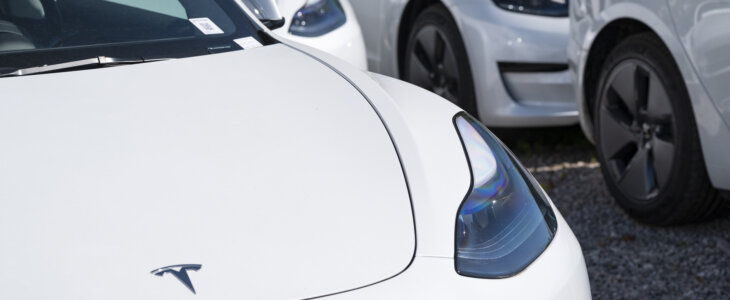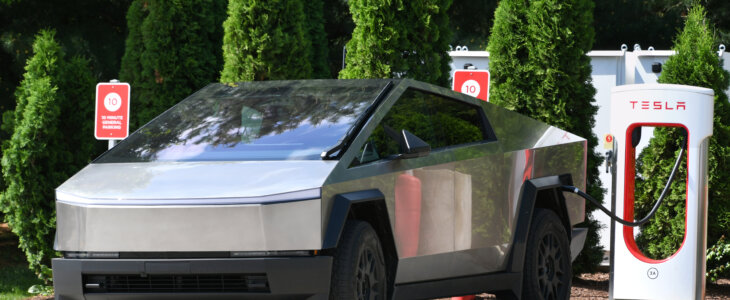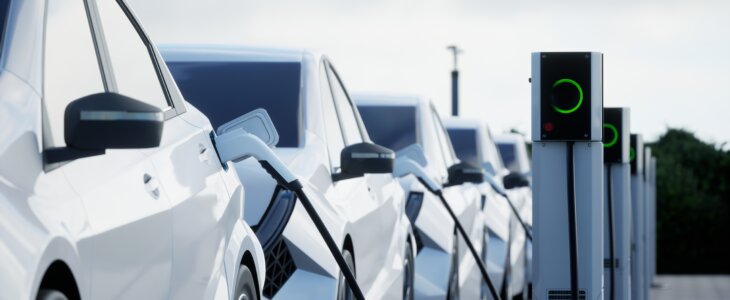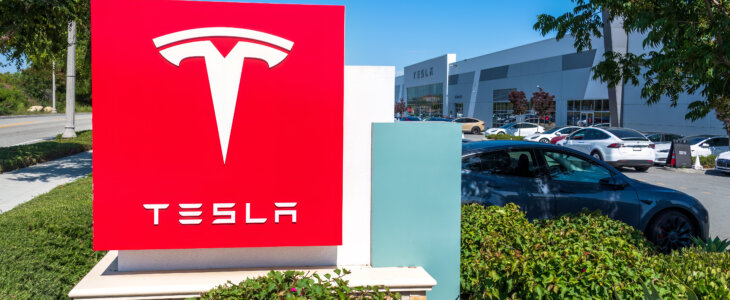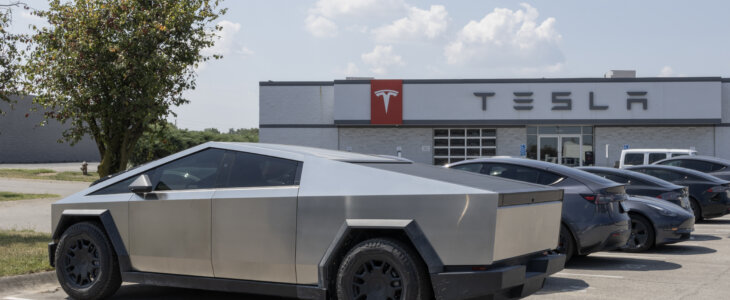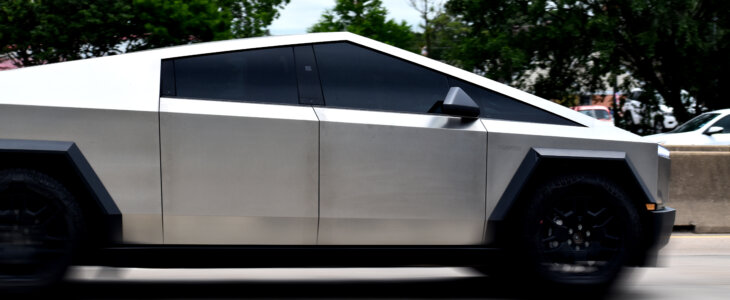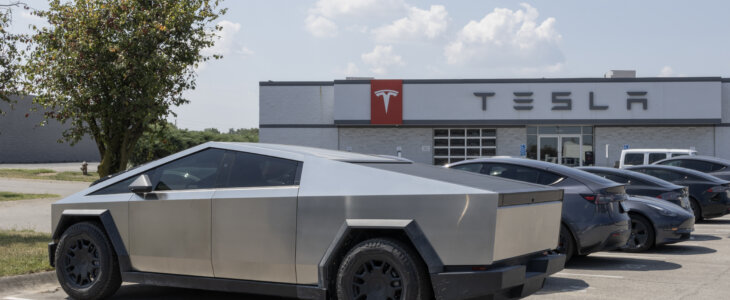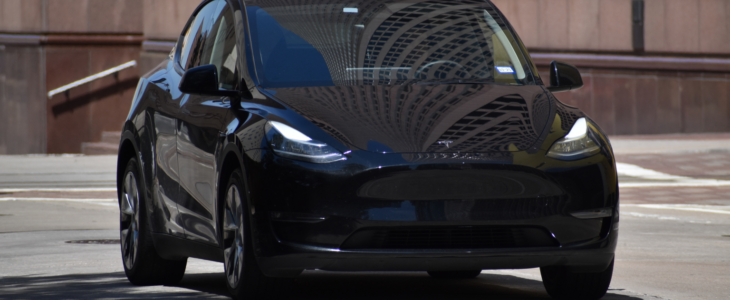Tesla and its CEO Elon Musk are facing mounting legal pressure as a series of class action lawsuits have been filed in courts across the country. Alongside several nationwide safety recalls affecting Cybertruck, Model 3, and Model Y vehicles.
History Behind the Lawsuits and Recalls
Tesla is currently battling class action litigation that accuses the automaker and its affiliates of odometer fraud, privacy violations, breach of contract, and wage theft. One of the most alarming claims alleges that Tesla manipulates odometer data through energy consumption algorithms, reducing warranty coverage prematurely and costing owners access to repairs they should be entitled to.
At the same time, Tesla has issued multiple recalls across its vehicle lineup. More than 46,000 Cybertruck’s have been recalled over trim panel delamination, which could cause pieces to fall off on the road. In addition, over 370,000 Model 3 and Model Y vehicles have been recalled due to power steering issues caused by faulty circuit boards, posing a crash risk at low speeds.
Which Vehicles Are Affected
- 2024–2025 Tesla Cybertruck – 46,000+ vehicles (Trim panel detachment)
- 2023 Tesla Model 3 and Model Y – 370,000+ vehicles (Power steering failure)
These recalls follow months of scrutiny as Tesla also deals with a class action accusing Elon Musk and DOGE of illegally accessing federal databases containing personal financial data. Another lawsuit claims Musk failed to compensate individuals in Pennsylvania who collected political petition signatures on his behalf.
What Owners Need to Know
Tesla owners may receive over-the-air updates or be required to visit a service center to address the defects. However, many affected drivers feel Tesla’s responses have been slow or insufficient, fueling further legal action.
How Tesla Drivers Can Take Back Control
While this class action lawsuit has been communicated to owners, thousands of Tesla drivers are likely to be affected by the same steering and odometer issues, with many expressing dissatisfaction over Tesla’s poor solutions. These types of issues often lead to escalated legal action, highlighting the importance of protecting consumer rights.
If you struggle with vehicle troubles and feel cornered against big vehicle brands, remember it is always better to have experts with you. With extensive experience and successful cases at hand, The Lemon Firm is your best bet. With dedicated team members always at your disposal, the package becomes too good to be true. So, if your car is giving you a headache, don’t hesitate to reach out!
Call 833 Lemon Firm and speak with a case analyst today!

